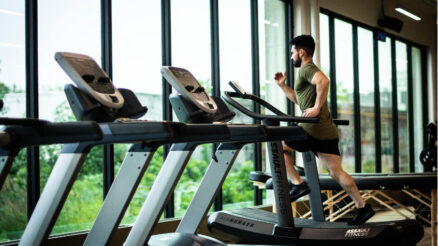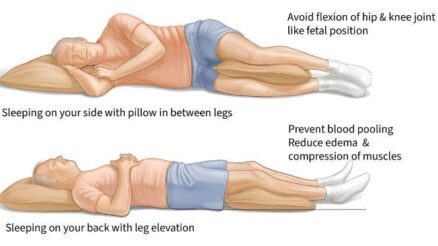The older your parents get, the more likely they will need to get a medical procedure (or even multiple medical procedures) done in any given year. The length of recovery time and the risk of complications also increases with age, meaning that aging parents need special care after medical procedures. Here are seven tips to help you care for your elderly parents after a surgery or other medical procedure — from prepping their home to packing their post-surgery clothing:
Know what the procedure will involve.
Medical procedures come in many different forms, and some are more complicated and involved than others. For instance, a simple outpatient procedure with anesthesia might only have a couple of hours recovery time, while a major surgery such as a knee replacement will take months to recover from. Talk with your parents as well as their medical providers to make sure that you understand the scope of the procedure and what recovery will look like. Be realistic about how long it will take for them to recover and how much help they will need in the coming months and days.
Be a patient advocate.
Speaking of talking to their medical providers, it can be really beneficial for surgery patients of all ages to have someone else accompany them to pre-op appointments. This is especially true for older people, who may be more likely to suffer from memory lapses. You can ask questions and take notes on their behalf and interface with nurses and doctors. As for the surgery itself, they won’t let you into the operating room, but you’ll want to be there to meet your parent after the procedure. Most patients are groggy and disoriented after a surgical procedure due to the drugs and anesthesia, and it really helps to have a clear-minded loved one there to communicate with the nurses and advocate on their behalf.
Stay with them, if possible.
For all the reasons mentioned above, it really helps to have a caretaker physically present during and after surgery. Your parent’s mobility may be limited or even nonexistent, and they may need help with basic life tasks such as bathing, dressing and feeding themselves. Even if their spouse is still around, they might not be able to help with these tasks if they are very elderly themselves. It really helps to have a younger loved one around to take care of these tasks for them, especially right after surgery. If it’s possible, come stay with them for a little while to help take care of basic daily tasks. If that’s not feasible, then you may need to get another family member to do it, or hire a home health aide to check in on your parent.
Make a packing list for the hospital.
Another thing you can do is help your loved one pack for the hospital. They will need a set of hospital clothes to wear on their way home, as well as a list of the medications they are currently taking. If they will be in the hospital for a longer period of time, then pack some light entertainment for them, such as downloading favorite movies or books onto a tablet. They will also need a set of travel toiletries so they can freshen up during a longer stay and keep their skin from drying out. You should also check with the hospital to see if you can bring in a favorite blanket or pillow. Not only will this help keep them warm, the familiar smell can help them sleep in an unfamiliar environment.
Understand post-procedure care.
Even after they change out of their hospital gowns, most surgery patients will require some level of care afterwards, whether that’s wound dressing or physical therapy. Talk with your parent and also their medical team to understand what needs to be done after the surgery. Your loved one will likely have multiple follow-up appointments, as well as some things they need to do at home, including various medications that will need to be taken on a precise schedule. They will also likely have a long list of activities they will need to avoid, such heavy lifting and driving. Make sure to clarify all of this before the surgery so you have a full picture of what needs to happen in the days and weeks after the procedure.
Prepare their home ahead of time.
Depending on the nature of the procedure, your parents’ home or living situation might need some modifications to make it safe for them after the surgery. For example, they might need grab bars, toilet risers and shower chairs in order to make the bathroom safe for them to use. You might need to remove rugs, electrical cords and other obstructions from the floor so they don’t trip. Your parent may not be able to navigate stairs after the procedure, so if they live in a multi-level home, they will need a temporary set-up on the first floor so they have somewhere to sleep and eat.
Help them move around.
Your parent will need to rest after the surgery, but that doesn’t mean that they shouldn’t move around at all. In fact, lying in bed all day significantly increases their risk for a post-surgery blood clot, which can potentially be fatal. Talk to their doctor about what kind of movements are okay and how often they should get up. In some cases, just getting up to go to the bathroom will suffice, but in others, they will need to move around every hour or even do specific physical therapy exercises at home. You may need to assist them with moving around or stop them from pushing themselves too much, so make sure that you have a clear idea of how much they are supposed to be moving around.
We hope this list gave you some practical tips for ways to help your aging parents recover after a medical procedure, and wish them an easy and speedy recovery!





